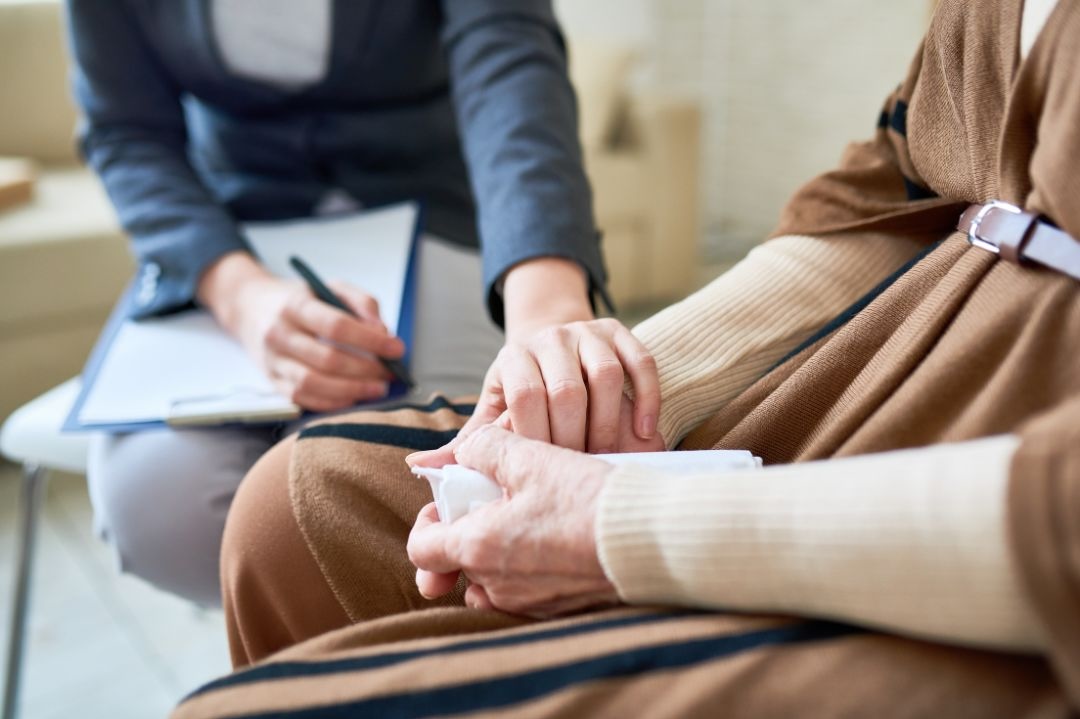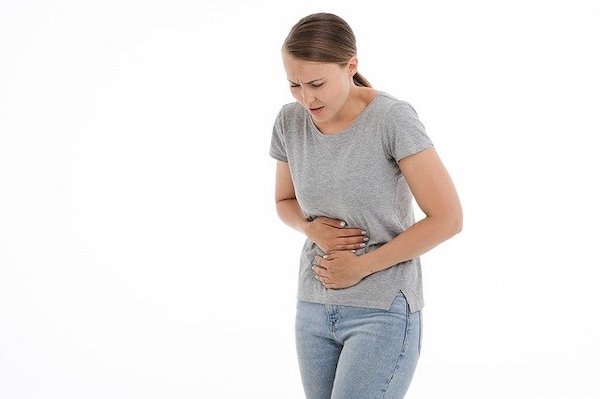What are Haemorrhoids (Piles)?
Haemorrhoids, also known as piles, are enlarged and swollen blood vessels which are in or around the lower rectum and the anus. Most of the time you are not aware of having haemorrhoids but in most cases you will feel a small lump which is just inside or outside the anus. Bleeding from a pile can be quite scary when first discovered but it is not serious.
Haemorrhoids, anal tears and anal fissures can all result in bleeding from the anus, which can be quite alarming. All these conditions are relatively common and in most cases any bleeding is not a cause for alarm. However, any bleeding from the anus should always be investigated immediately as it may be a symptom of a more serious condition.
What Causes Haemorrhoids?
- Piles are usually caused when you strain to pass a stool. So people who are frequently constipated and who regularly strain, often suffer from piles.
- They are also common during or after pregnancy due to the pressure from the developing baby, hormonal changes and the delivery of the baby.
Smaller piles will disappear naturally when constipation is alleviated.
Larger piles that do not resolve may need treatment from a surgeon.
If there is an irritation or an itch associated with piles, ask your pharmacist for advice. There are a number of preparations that can help ease the discomfort.
How are Haemorrhoids Treated?
You may find it useful to have a read of our treatments page for more information. Ensure you’re spoken to your GP before starting any new treatment.
Injecting haemorrhoids is a particularly effective treatment for haemorrhoids that bleed. It is sometimes called sclerotherapy. Injecting a small amount of a chemical called phenol into the base of the haemorrhoids causes them to shrink in size. This can take a number of weeks to be effective, so you should not expect immediate results.
Other treatments include banding, ointments, laser treatment, or surgery.
How to Prevent Haemorrhoids
Unfortunately, having your haemorrhoids injected does not guarantee that they will never come back. Injection usually improves symptoms for a few months, but in many cases the injections need to be repeated. You may also wish to try;
- Increasing the fibre in your diet is known to be as effective as injections for preventing further problems
- Increasing your fluid intake which can help prevent further problems with haemorrhoids
- Avoiding straining and constipation which is the most useful thing patients can do to prevent the problem coming back. If the fibre content of your diet is not sufficient to keep your stools soft, then a fibre supplement can help.
Tears in the Anus & Anal Fissures
Bleeding from the anus can occur if you have passed a rather big and / or hard stool and experienced some pain during and after the passing. This is usually caused by a small tear in the lining of the anal canal.
Anal fissures are splits around the anus. They can open when you have a bowel movement and may continue to hurt afterwards. They may also bleed.
You can prevent the fissures from reopening by trying to avoid constipation. This will, therefore, make your faeces easy to pass.
Is Bleeding From the Back Passage Serious?
Bleeding from the anus can be serious if the bleeding is connected to a bowel disease or condition rather than the anus itself. These diseases/conditions include:
- Cancer of the rectum / lower colon
- Innocent or benign tumours (polyps)
- Inflammation of the rectum (proctitis)
- Inflammation of the colon (colitis)
Your GP will help to evaluate your problem and may use the following procedures when examining you:
- Examine your abdomen, searching for lumps or tender areas
- Examine your back passage to check the anal canal
Following these investigations, your GP may decide to send you to a specialist who may investigate further and you may need to undergo some common tests and procedures. To read more about the tests that you may be required to have, please read our Bowel Advice Sheet.
Further Help
If you think you have haemorrhoids and are concerned about your problem or it is starting to affect your day to day life, make an appointment to see your doctor, continence nurse or specialist physiotherapist. A continence nurse and specialist physiotherapist are healthcare professionals who specialise in bladder and bowel problems.








